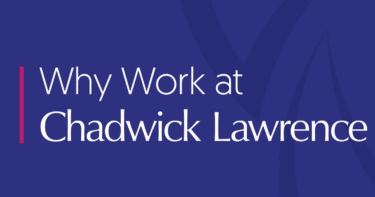
12
Oct 2022
The Lawyer: what’s in a name?
In the early medieval period, justice was often administered by a local lord. In England, during the 12th century, King Henry II sought to impose a national common law to override the more arbitrary power of his barons.
Over the next century, professional attorneys and advocates began to represent clients in common law disputes before judges, who were now acting as substitutes for the King. Similarly, to avoid attending Court, clients would often appoint an attorney to act in their place with an advocate to speak for them in Court.
By the 19th century in England and Wales, the attorney had become the solicitor and the advocate, the barrister. The same occurred in Scotland, where the barrister is called an advocate. However, in the United States both roles came together in the attorney at law.
The solicitor’s function was originally more office based with the work undertaken being administrative and transactional. A barrister would be instructed to represent a solicitor’s client in Court and advise on developments in the common law.
Over time, the overlap in the roles of the solicitor and barrister has increased. Solicitors can represent a client in the County Court and can qualify to do so as solicitor-advocates in the High Court. As for barristers, they no longer need a solicitor to act as the go-between with the client.
As the law has developed with society’s needs, many solicitors and barristers specialise in particular areas, often working as a team in which each will have different tasks to meet the needs of their client.
Simon Ingham qualified as a solicitor in Scotland and now practises in England, specialising in probate and property disputes. If you have a dispute in England & Wales that relates to a will or inheritance, please e-mail NewEnquiries-ContentiousProbate@chadlaw.co.uk Alternatively, if you have a dispute that relates to land or buildings, please e-mail NewEnquiries-PropLit@chadlaw.co.uk
Otherwise, if you need advice about any dispute – or wish to try and avoid the possibility of disputes arising – please contact us by phone on 0800 015 0340 or e-mail NewEnquiries-Litigation@chadlaw.co.uk
- Like this ? Share with friends





